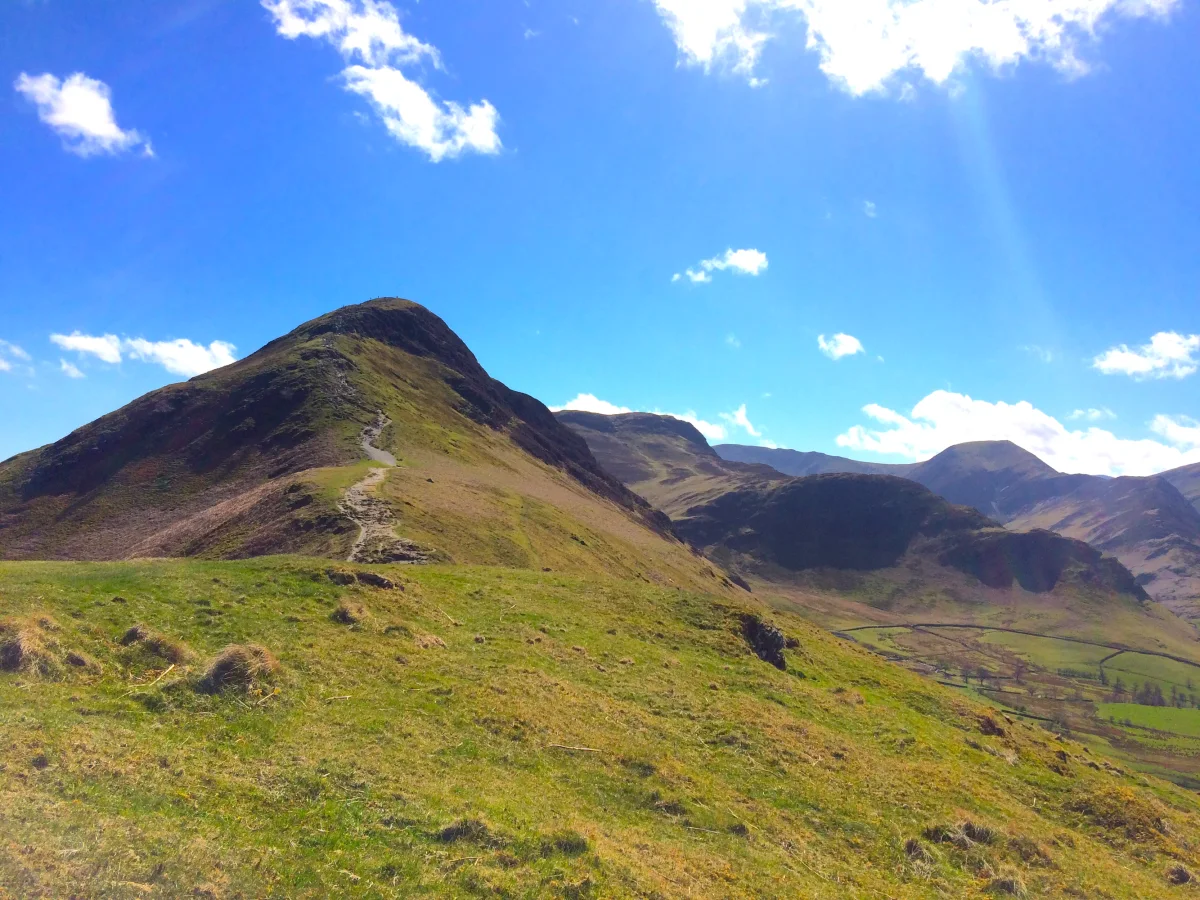What we’ll do
Transform your ideas into a website that works for everybody.
We will provide your visitors with a clear path to cohesive and engaging content, always respecting their time and privacy – no barriers or distractions; a website without overlays, pop-ups, cookies or ads.
You will have access to a working version of the site during development and the final design will emerge over the course of several iterations.
You might want to get involved with lots of little decisions. Or you might prefer to be completely hands-off. Either is absolutely okay.
